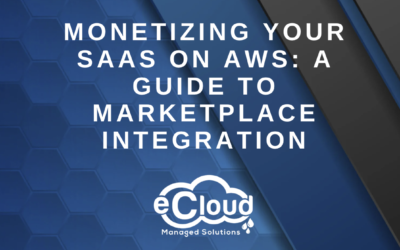________________________________________________________________________
Cisco Small Business RV160, RV160W, RV260, RV260P, and RV260W VPN Routers Remote Code Execution Vulnerabilities
Technical Summary
Multiple vulnerabilities in the web-based management interface of Cisco Small Business RV160, RV160W, RV260, RV260P, and RV260W VPN Routers could allow an unauthenticated, remote attacker to execute arbitrary code as the root user on an affected device.
These vulnerabilities exist because HTTP requests are not properly validated. An attacker could exploit these vulnerabilities by sending a crafted HTTP request to the web-based management interface of an affected device. A successful exploit could allow the attacker to remotely execute arbitrary code on the device.
Cisco has released software updates that address these vulnerabilities. There are no workarounds that address these vulnerabilities.
Affected Products
Vulnerable Products
These vulnerabilities affect the following Cisco Small Business Routers if they are running a firmware release earlier than Release 1.0.01.02:
RV160 VPN Router
RV160W Wireless-AC VPN Router
RV260 VPN Router
RV260P VPN Router with POE
RV260W Wireless-AC VPN Router
Products Confirmed Not Vulnerable
Only products listed in the Vulnerable Products section of this advisory are known to be affected by these vulnerabilities.
Cisco has confirmed that these vulnerabilities do not affect the following Cisco products:
RV340 Dual WAN Gigabit VPN Router
RV340W Dual WAN Gigabit Wireless-AC VPN Router
RV345 Dual WAN Gigabit VPN Router
RV345P Dual WAN Gigabit POE VPN Router
Government Risk
· Large and medium government entities: MEDIUM
· Small government entities: HIGH
Businesses Risk
· Large and medium business entities: MEDIUM
· Small business entities: HIGH
Home Users: LOW
Businesses Risks
· Large and medium business entities: HIGH
· Small business entities: MEDIUM
Home Users: LOW
Reccomendations
We recommend the following actions be taken:
- Apply appropriate updates provided by Cisco to vulnerable systems immediately after appropriate testing.
- Block external access at the network boundary, unless external parties require service.
- Apply the Principle of Least Privilege to all systems and services.
Author: Eric Sanders, Managing Partner
SOURCE: https://chromereleases.googleblog.com/2021/02/stable-channel-update-for-desktop.html
________________________________________________________________________




